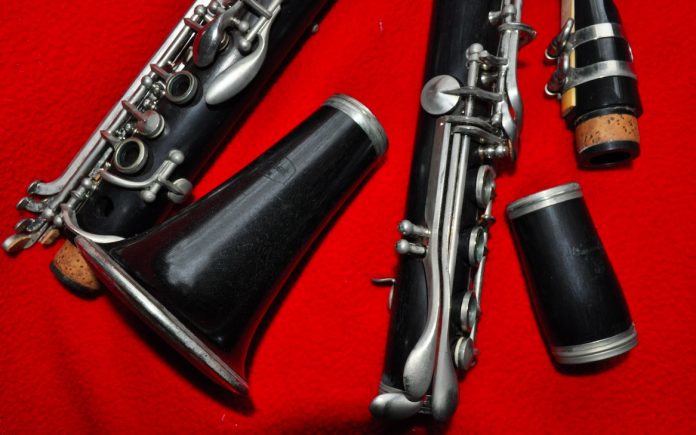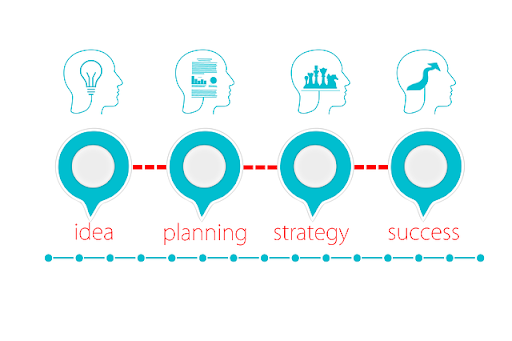When people my age learn that I am a retired university music professor, they often ask: “How can I get into classical music? I hear it from time to time, I like it, and I’d like to hear more.” I have three simple suggestions: integrate classical music into your day, start building a library of works you like, and go to concerts of live music. Learning to appreciate classical music is best done in a slow and measured way, as a vehicle for relaxation and simple listening pleasure.
There are two particularly good reasons to begin listening to classical music at a later age. On the one hand, fine recordings of classical music are readily available through the internet. The days of expensive turntables, clumsy tape players, and large speakers are gone. Digital hardware can achieve an excellent listening experience at a fraction of the cost and size. On the other hand, classical music is good for the quiet soul. As we grow older and come to appreciate quiet musical sounds, classical music becomes appealing for its restraint and for the remarkable sound colour of classical instruments. A good work of classical music can transform a room into an island of calm, a sanctuary, a respite from the day’s cares.
The easiest way to integrate classical music into your day is to turn on your radio. The CBC 2 network, now known as CBC Music, has two good weekday programmes devoted to classical repertoire: Tempo, from 9 until about 1, hosted by Julie Nesrallah, and Shift, hosted by Tom Allen, from 1 until 3. The equivalent network on the French CBC, Ici musique, has a particularly good programme for early risers, from 5 until 8:30AM, called Quand le jour se lève (When the Day Awakes). Facility with the French language is not necessary, for host François Lemay has a soft and soothing voice that rarely interrupts the flow of classical music. All three programmes are available for internet streaming at other times of the day, and Lemay’s programme makes a particularly good accompaniment to a leisurely supper.
Start building your classical music library with works of a contemplative nature, such as the Clarinet Quintet by Mozart, The Lark Ascending by Ralph Vaughan Williams, or the Requiem by Gabriel Fauré. For the classical music initiate, many works by Beethoven will be too energetic and rhythmic. Go for Beethoven’s lighter symphonies, like the sixth, called the Pastorale, or for the slow movements – indicated Andante or Adagio – in sonatas and string quartets. In general, Romantic French music from the late 19th century is an excellent place to start, with composers such as Fauré, Camille Saint-Saens, and Ernest Chausson.
Live classical music is a richly rewarding experience, since the instruments involved are heard directly, without the use of speakers and electronic amplification. Most medium to large size cities have classical music festivals, good orchestras, or chamber music groups performing live music at a professional level. Professional musicians are expert interpreters, but their concerts can be expensive. If you live near a university or music college, try classical concerts by graduate or fourth-year undergraduate music students, which are often free of charge. (Concerts are usually advertised on the university’s website). Be prepared for the occasional wrong or “sour” note, reminders that live music is made by real people and sometimes involves temporary miscalculations, otherwise known as mistakes! Choral concerts are usually less expensive and make a great introduction to live music. Concerts are good ways to meet people, seniors in particular. If you attend regularly, you will soon make musical friends. Some of them, like you, will be just getting into classical music.


























